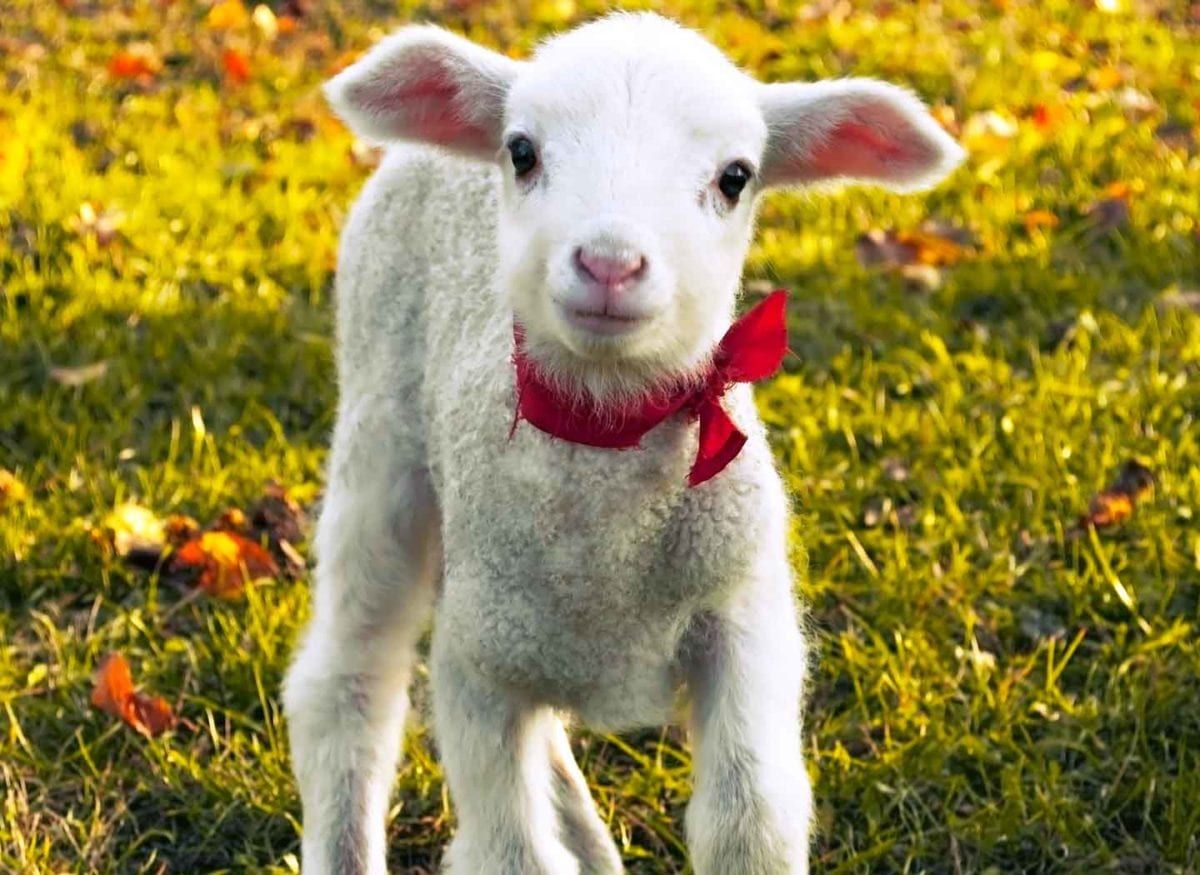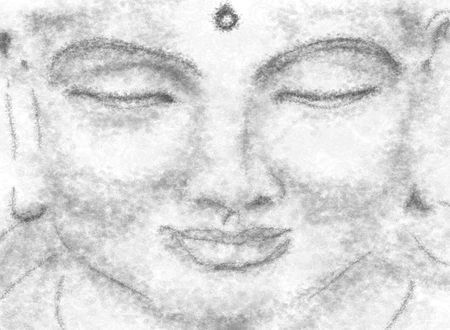Laughter is one of the most fundamental human expressions, and a sense of humor is nothing short of divinity. Ever wonder why we laugh? The roots of laughter go deeper than you might think; they say much about a person, a culture, a race, a group. There are those who can laugh at others, at situations, at themselves. My focus today is why people laugh upon hearing a joke.
Our race has evolved, grown, and adjusted based on the principle of consistency. For thousands of years, our ancestors lived in caves. They did not change, they did not need to, or so they felt. Every time someone caused a disruption with an invention or a discovery, we made another step towards something new, another step away from the norm. Change is rarely welcomed upon its introduction, people feel intimidated by change, and they are threatened with the fear of the unknown.
Laughing at a joke is no different. A joke begins with a normal scenario, the type you are comfortable with, the one you find consistent with your belief system. And suddenly, a conflicting situation is presented to you, it is unexpected, unprecedented, and there is a change. A certain level of tension builds up, it defies your logic. Subconsciously, you know there is no threat. So, your mind releases the tension with a peal of laughter. The patterns in your brain get rearranged, causing laughter without tickling, so to speak.
For example, consider the following:
“Mary had a little lamb…”
She found it a bit too spicy.
When told to children, they laugh much more. Why? They are quick to release tension arising from a conflicting viewpoint, a sudden surprise. An adult, on the other hand, might have been introduced to more conflicting situations during the course of his own life. He can live with the unfamiliar ending of Mary actually eating her lamb, he couldn’t be bothered, it does not create tension in his head, he’s been through much more. It does not tickle his funny bone as much as it does a child’s.
You do not laugh upon a release of tension if you perceive a threat though. Imagine someone appears in front of you suddenly, pulls out a gun from his pocket, and shoots in your direction. You are convinced you are shot. You promptly frisk your body to look for wounds and blood, but there is nothing, not even a mark. Further, imagine he is playing a prank. You are unlikely to laugh at this one immediately. Because you experienced a certain threat, the conflict between life and death was not just an intellectual proposition, it felt real. The tension was a little too much for you. Upon realizing you are safe, you are more likely to exasperate and sigh than giggle and laugh. However, fast forward a few weeks or months and you may look back at the whole incident and find yourself laughing. Why? Because the underlying threat has disappeared.
Is life not all about conflicting and contrasting situations? Not all situations need to be taken seriously, you can laugh many of them out. How to rise above that threat? Examine it. If you can analyze it, you can take the right action, you can then focus on the right thought and the threat is dispelled automatically thereafter. Fear is always out of anticipation. There is no fear in the present moment, it is in anticipation of what may happen in the next or subsequent moments.
The more your mind can handle conflict, the less you laugh at ordinary jokes. The greater the number of your experiences in life, the fewer the jokes that can make you laugh. Through your struggles, your experiences, and evolved intellect, life teaches you to accept situations that defy logic, that are highly contrasting, inherently conflicting. You can easily know a great deal about a person from a. the way they laugh, b. the type of jokes they laugh at, and c. at what and who they laugh at. Something for another time.
Children or childlike people can laugh at simple gestures, they can giggle at jokes with no meaning. Similarly, if you become childlike, living in the world becomes a whole lot easier, it gets more interesting. How to be childlike, you may ask? Practice compassion and gratitude. It’s also okay to cry and complain like them sometimes. Sometimes.
In a certain village lived an old man, wise and content. Amidst a group of people, he cracked a funny joke. Everyone laughed. After some silence of a few minutes, he told the same joke again. Fewer laughed this time. He let another few minutes pass and cracked the same joke again. No one laughed. Most thought the old man had gone cuckoo.
“You can’t laugh at the same joke more than a couple of times,” he said, “yet you keep crying over the same problems all your life.”
What if you actually realized that conflicting situations in life are there to make you laugh? What if this whole world, this universe, is simply a prank, a play, a joke? Either way, laughing it out is better than brooding over it. It is more enjoyable that way. It is a choice. Yours for the taking.
“Forgive, O Lord, my little jokes on Thee and I’ll forgive Thy great big one on me.” ~Robert Frost
Laughter means you are comfortable. Go on! Make someone laugh today, it will give you joy.
Peace.
Swami
A GOOD STORY
There were four members in a household. Everybody, Somebody, Anybody and Nobody. A bill was overdue. Everybody thought Somebody would do it. Anybody could have done it but Nobody did it.
Don't leave empty-handed, consider contributing.It's a good thing to do today.








Comments & Discussion
11 COMMENTS
Please login to read members' comments and participate in the discussion.